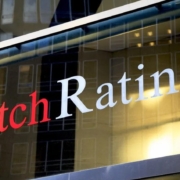Fitch Affirms John Knox Village at “BBB” Rating
Fitch Ratings has affirmed the ratings on revenue bonds issued by the city of Pompano Beach, on behalf of John Knox Village (JKV) at “BBB.”
Fitch has also affirmed JKV’s Issuer Default Rating (IDR) at “BBB” and removed the ratings from Under Criteria Observation (UCO). The Rating Outlook is Stable.
The affirmation of the ‘BBB’ ratings reflects JKV’s strong market position as a single campus, life-plan community (LPC) and its midrange operating risk, with an improving trend in operating performance.
In 2024, JKV completed the construction, reached stabilized occupancy and paid down the short-term debt for Westlake, its 147 independent living (IL) apartment expansion. The $121 million final cost for the project came in under budget by $5.7 million and JKV reached stabilized occupancy in about four months, over 18 months ahead of schedule.
Management set an accelerated fill-up goal and that target has been part of a larger strategic focus on an improved performance since a new CEO started about three years ago. JKV’s leverage metrics remain elevated for the rating due to the permanent debt for Westlake, and cash-to-adjusted debt will remain light even after the paydown of the short-term project debt.
Fitch’s forward look shows JKV sustaining the improved performance as cash-to-debt adjusted incrementally improves to levels more consistent with rating level and capital spending remains at about depreciation.
The bonds are secured by a gross revenue pledge and a security interest in certain mortgaged property of the obligated group (OG), which is the vast majority of the consolidated entity’s assets and revenues.
JKV has a history of sound demand, a diversity of product offerings and price points with the range of entrance fees affordable relative to local home prices and average resident net worth, and a measure of geographic diversity among entering residents. Over the last five years, IL unit (ILU) occupancy has averaged 92%, assisted living (AL) occupancy has averaged 74%, and skilled nursing facility (SNF) occupancy has averaged 85%.
Occupancy has recovered in AL and SNF after pandemic-related declines. Through the first six months of 2024, AL and SNF occupancy averaged 74% and 90%, respectively. The improved SNF occupancy reflects, in part, an effort by JKV to increase the diversity of hospital referral sources for short-term rehab stays. Generally, about half of JKV’s SNF beds are used for short-term rehab stays.
JKV also benefits from being the only Type ‘A’, full continuum LPC in its primary market area (PMA) of Pompano Beach. While the majority of JKV’s residents originate from the PMA, in the last year, just over a quarter of entering residents came from outside the PMA, which Fitch views as a credit positive, underscoring JKV’s strong service offerings and demand characteristics and South Florida as a draw for retirees.
JKV’s nearest LPC competitors are outside the Pompano Beach market at about 12 miles away. While there is competition for individual continuum service lines such as SNF and AL, Fitch believes JKV’s investments in these service lines and physical plant have kept it very competitive.
JKV has raised its entrance fee and monthly service fee regularly and has an ongoing waitlist, which further supports the strong revenue defensibility assessment. JKV’s weighted average entrance fees are approximately $285,000, which is affordable compared to typical home prices in Broward County and to the average net assets of JKV’s entering residents.
With over 800 IL units in service, JKV is able to offer a wide range of lifestyle choices and price points, with entrance fees ranging from $190,000 to $700,000. Further support for the strong revenue defensibility assessment comes from JKV’s ability to build and fill Westlake well ahead of schedule, as the majority of Westlake units were priced above $400,000.
After a long history of thin operations, JKV operating performance has improved, with the operating ratio remaining below 100% over the last 18 months, after it averaged 109.9% in the prior five years. The improvement reflects a multi-pronged effort to contain costs, improve efficiencies, and grow sales.
As a result, in 2023, resident service revenue grew 6.4%, while total operating expenses grew by only 2.8%. The operating ratio was 96.6% in 2023, down from 107% in 2022, and the net operating margin improved to 10.7% from a negative 0.2%.
The improved performance carried over into 2024, and Fitch expects JKV to be able to sustain the performance given the additional revenues from the Westlake apartments, which reached stabilized occupancy in July 2024.
Additionally, management continues to implement strategic initiatives to improve performance. In 2024, this included adding additional insurance payors in its SNF, bringing over its highly rated IL dining program into the SNF, and adding dialysis contracts for higher daily reimbursement rates.
Over the last five years, capex spending averaged a high 436.6% of depreciation, reflecting the Westlake project. Westlake included the construction of a 15-story tower and an 11- story tower and the creation of a waterway connecting a newly constructed lake to an existing lake.
With the completion of Westlake, Fitch does not expect any major projects on the JKV campus. Capex is expected to be around depreciation. JKV plans to use the remaining $5.7 million in unused Westlake funds for AL upgrades and the refurbishing of the Village Towers.
Capital spending is expected to be near depreciation. With Westlake completed, Fitch expects no major capital projects at JKV nor any sizable debt issuances. The base case shows gradual improvement to JKV’s liquidity and leverage metrics and balance sheet accretion as the capex spending normalizes and cash remains steady.
MADS coverage is expected to stabilize at just above 2x. Fitch’s stress scenario uses a liquidity stress specific to JKV’s asset allocation and separate operational and entrance fee stresses. The stress scenario shows JKV’s cash-to-debt levels thin for the rating level early in the stress but then steadily improving to levels more consistent with the rating in the latter years of the stress case,
DCOH remains well above asymmetric risk of 200 days in the stress case and so is neutral to the rating outcome. In regards to Asymmetric Additional Risk Considerations, there are no asymmetric risks associated with JKV’s rating.

